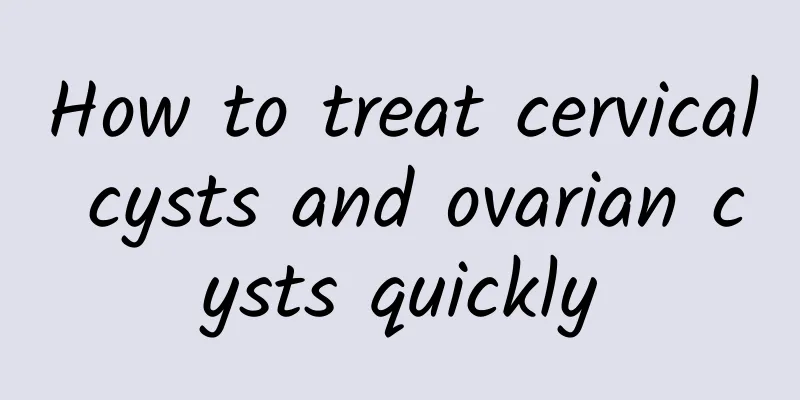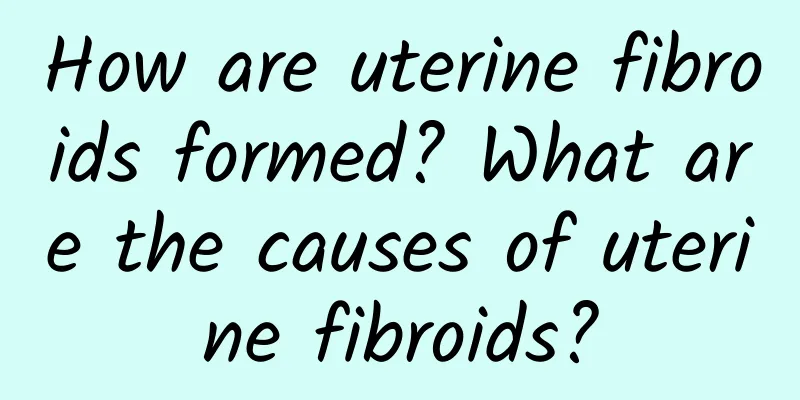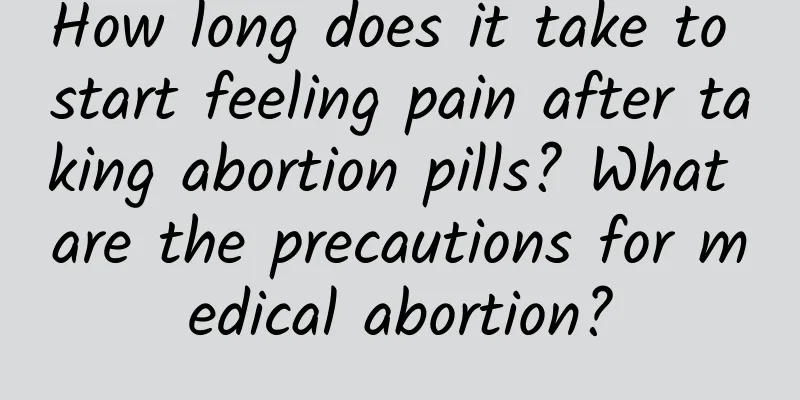How to treat cervical cysts and ovarian cysts quickly

|
Treatments for cervical cysts and ovarian cysts include medication, surgery, and lifestyle adjustments. The specific choice depends on the type of cyst and the severity of the condition. After the diagnosis is confirmed, the doctor will develop a personalized treatment plan based on the patient's condition to help speed up recovery. 1. Drug treatment: For smaller cysts with less obvious symptoms, drug treatment is the first choice. For cervical cysts, commonly used drugs include antibiotics such as metronidazole or levofloxacin to control infection; for ovarian cysts, oral contraceptives such as Diane-35 or Yasmin can be used to regulate hormone levels and promote cyst absorption. Traditional Chinese medicine such as Guizhi Fuling Pills or Danggui Shaoyao Powder can also assist in conditioning. 2. Surgical treatment: For larger cysts with obvious symptoms or the risk of malignant transformation, surgery is a necessary treatment. For cervical cysts, cervical electrosurgical resection or laser treatment can be used to directly remove the cyst at the cervix; for ovarian cysts, laparoscopic minimally invasive surgery or laparotomy can be used, depending on the nature and location of the cyst. For complex or suspected malignant cases, rapid pathological examination is required during surgery to confirm the diagnosis. 3. Lifestyle adjustment: Healthy living habits can help speed up recovery and prevent recurrence. Avoid spicy and irritating foods, and eat more foods rich in vitamins and fiber, such as fresh fruits and vegetables and whole grains, to promote body metabolism. Maintain a regular work and rest schedule, avoid staying up late and overwork. Moderate exercise, such as yoga or walking, can help improve pelvic blood circulation and enhance immunity. Regular review and follow-up are key. Early detection and treatment of problems can effectively control the disease. The treatment of cervical cysts and ovarian cysts needs to be tailored to the specific situation. Drug treatment is suitable for mild cases, and surgical treatment is for severe or high-risk cases. At the same time, combined with lifestyle adjustments and regular check-ups, it can help patients recover faster. For complex cases, it is recommended to seek detailed evaluation and guidance from professional doctors to ensure the safety and effectiveness of treatment. |
<<: Is it easy to treat anemia caused by uterine fibroids?
>>: Is it normal to still feel pain after Bartholinitis swelling subsides?
Recommend
A detailed description of the series of items for examining patients with pelvic inflammatory disease
In recent years, with the gradual increase in the...
How to treat secondary cervical erosion during lactation
The cause of cervical erosion is very complicated...
How should women take care of themselves if they have chronic cervicitis?
How should women take care of themselves when the...
In winter, we are in a growth hibernation period, so we need to supplement two key nutrients! Nutritionist Cheng Hanyu: Be careful of double growth debt, which makes things worse
The winter is cold and wet and affected by the ep...
TCM Syndrome Differentiation Analysis of Common Symptoms of Uterine Fibroids
Uterine fibroids are benign tumors located in the...
How to prevent pelvic effusion in life?
Pelvic inflammatory disease is a common chronic d...
What are the treatments for female cervical erosion? Female cervical erosion can try traditional Chinese medicine
Patients with cervical erosion are mainly women w...
Methods for female friends to prevent cervical erosion
I believe that the prevention of cervical erosion...
Experts guide the correct use of medication for threatened abortion
Threatened abortion, it seems like a glaring word...
How to prepare for pregnancy with habitual miscarriage? What should patients with a history of habitual miscarriage pay attention to?
If a woman has experienced habitual miscarriages ...
Introduction to Western Medicine Treatment of Cervical Hypertrophy
In life, cervical hypertrophy has affected the no...
Let’s discuss what are the health care measures for cervical hypertrophy?
In order to cure the disease of cervical hypertro...
Obesity is the root of all diseases and may increase the risk of 6 major cancers! "Do this" to help you lose weight easily
As the saying goes, "Obesity is the root of ...
Causes of ectopic pregnancy and ovarian implantation
Ectopic pregnancy and ovarian implantation are ma...
Will eating toast often cause a stroke? Whole wheat toast VS. white toast, which one should you choose? Nutritionist Wu Yingrong said...
Stroke is related to diet, however, a baker in hi...









